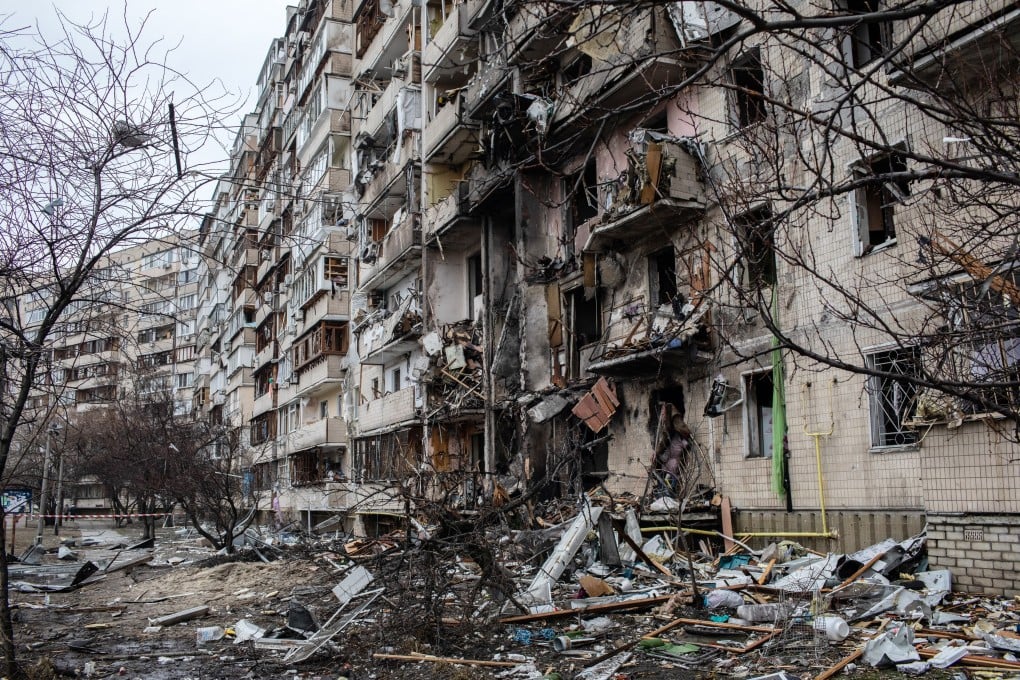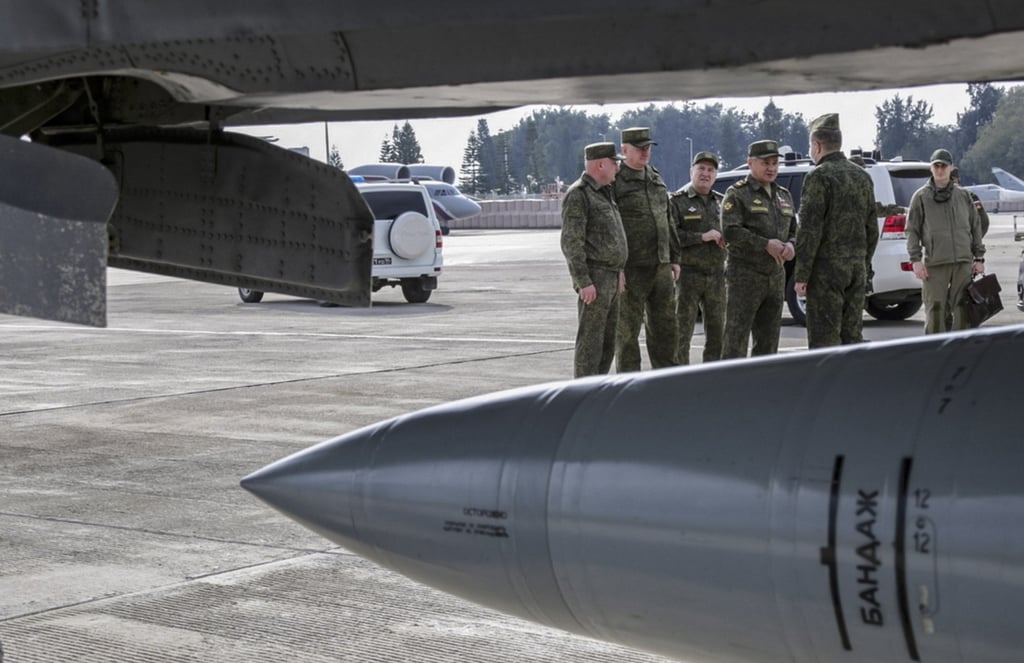Advertisement
Ukraine crisis: as US seeks to punish Russia, Middle East allies offer tepid support
- Israel and Turkey have both criticised Russia for the invasion, but neither appear willing to fully side with US or risk escalating the conflict
- Washington’s Gulf Arab allies, meanwhile, have yet to issue a reaction – as the unfolding crisis in Europe sends the price of oil through the roof
Reading Time:4 minutes
Why you can trust SCMP
4

The United States is struggling to find support from its major allies in the Middle East as it seeks to punish Russia for invading Ukraine, despite investing heavily in new geopolitical architecture for the region.
Both Washington’s closest regional partner Israel and Nato ally Turkey criticised Russia’s attack, but their diplomatic reactions have been nuanced and calibrated so as not to appear to be taking the West’s side.
Israel’s Foreign Minister Yair Lapid on Thursday condemned the Russian invasion as “a grave violation of the international order”. But speaking later that same day, Prime Minister Naftali Bennett and President Isaac Herzog both avoided mentioning Russia in their reactions to the crisis.

Speaking to the Ynet news website, Finance Minister Avigdor Liberman said Jerusalem had to prioritise the protection of the large Jewish communities in Russia and Ukraine. “The smartest thing we can do is keep a low profile,” he said.
Advertisement
Jerusalem’s mixed messaging is also a product of its need to work with Moscow in Syria, Israeli media reported.
Tensions between Israel and Russia have grown in recent months. In December, Israeli warplanes twice bombed the Syrian port of Latakia, targeting Iranian weapons shipments to Tehran-backed militias supporting Assad.
Advertisement
Advertisement
Select Voice
Select Speed
1.00x